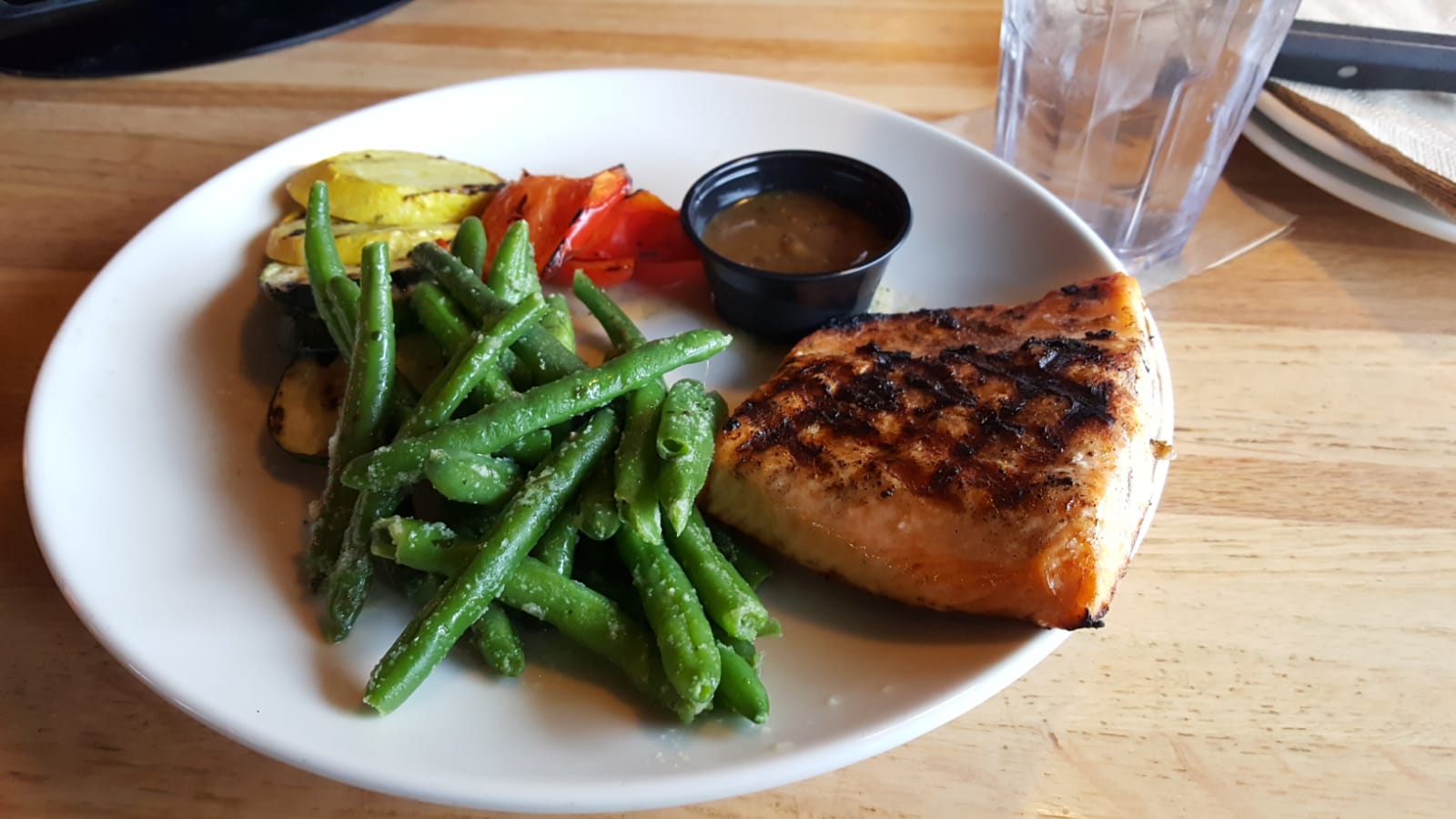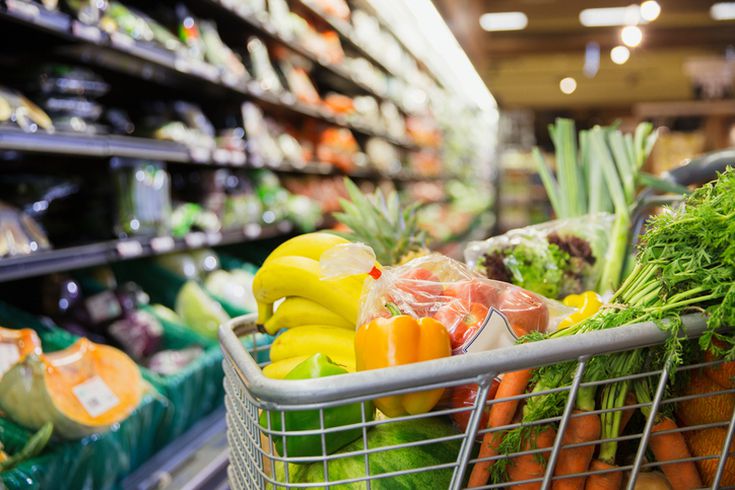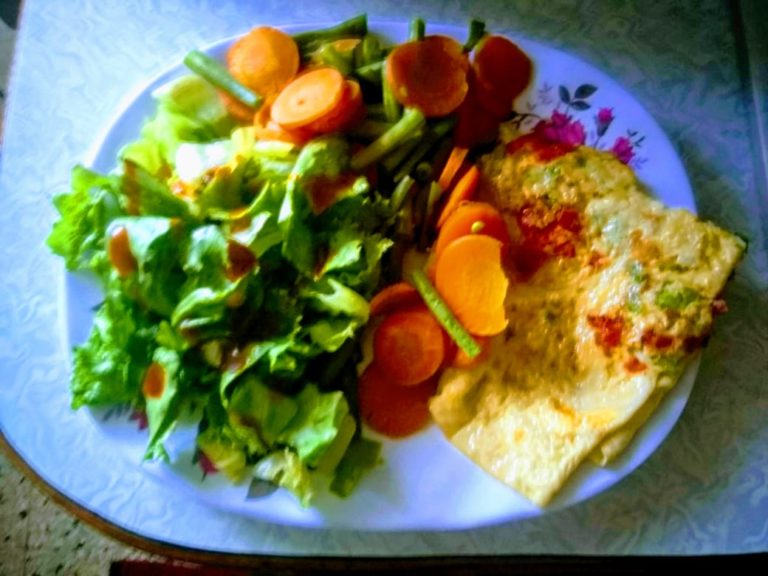5 REASONS YOU AREN’T LOSING WEIGHT

Becoming the healthiest, fittest and trimmest version of yourself is a very personal choice. Health challenges and probabilities of disease may be a scientific likelihood but even that may not be enough motivation. We are not in the business of solely encouraging people to get trim. Even as you imagine a more comfortable version of yourself and you may have tried losing weight, unfortunately for most, after a bit of initial success, there is little or no more weight loss at all. Well, here are a few reasons why.
Severely restricting fats or too many fats and oils
Fats are our penultimate source of energy and many fats are essential nutrients required for the function of oil soluble vitamins such as A, D, E, K. Good fat sources include oily fish, nuts, seeds, and avocados. Furthermore, the lack of dietary fats can cause chronic stress stalling your weight loss progress.
Additionally, according to a recent weight loss study at the Department of Nutrition and Food Sciences, University of Vermont, it was determined that dietary fat restrictions did not prove to be superior to calorie restrictions for fat loss.
On the other hand, of course, unlike proteins, carbs and sugars, which contain 4 calories per gram, fats contain 9 calories per gram. They may not necessarily make you fat, but excess will contribute to it.
Attempt to get quality fats in your diet. Calories from fats should not , however, exceed 20% of your daily caloric intake.
Low protein intake
Proteins are essential nutrients and are needed for all tissue repair and development. High protein diets have been shown to enhance weight loss. The challenge is to find protein sources which will not significantly increase caloric intake.
Your body will reward you greatly for the protein you take in because of its importance. You will feel fuller, longer and cravings may be reduced. Increased protein has been shown to have a higher thermionic effect, which boosts your metabolism. Proteins will also lower the levels of your hunger hormone, ghrelin, and boost your appetite regulating / satiating hormones.
Additionally, with exercise, sufficient protein will allow for the building of muscle mass, which is invaluable for heightening your metabolic rate, even when you are at rest.
Without sufficient protein, you will find difficulty in losing body fat, building muscle, experience challenges with workout recovery, have constant feelings of low energy and increased hunger and cravings.
Calorie enhanced foods
These are the obvious products and fast foods which anyone trying to lose weight knows to avoid. However, purchasing seemingly healthy foods which are overly enhanced with oils and sugars, to make them marketable, often derail a diet. In a paper published in the Journal of Public Health Nutrition, researchers at Johns Hopkins showed that people who regularly cooked at home consumed fewer calories, carbs, fats and sugars than people who purchased meals.
Too much sugar and simple carbs
Simply put, sugars and other simple carbohydrates (refined flour products including bread, cookies, enriched pasta, white crackers, sugary cereals etc.) will perform three weight loss opposing actions.
1. Increasing insulin levels, promoting fat retention.
2. Increasing cravings for more sugars and simple carbohydrates, often triggering a brain dependency.
3. Maintaining habitual behaviour, cravings and over indulgence.
So, at the very least, reserve simple carbs for special occasions.
Completely elimination of carbs
Carbohydrates are not the monsters many would have you believe; COMPLEX carbs are excellent sources of energy and fiber. They are a great way to balance your energy needs once you have met your protein, fats, vegetable and fruit requirements. Complex carbs’ fiber content also results in a more stable insulin response. As always, balance is important. In a balanced, nutritionally dense diet, we need less carbohydrates than many people imagine. On the other hand, for many people, including complex carbohydrates in their diets will promote steady energy levels, control hunger and reduce the frequency and length of plateaus.
Healthy eating is a balance, and when you are working towards a leaner, healthier body weight, that balance becomes even finer than before. Too little energy or nutrients will stress your system, and stress inhibits utilizing fat for energy. Eat controlled, eat healthily, eat with color variety and eat cleanly.




